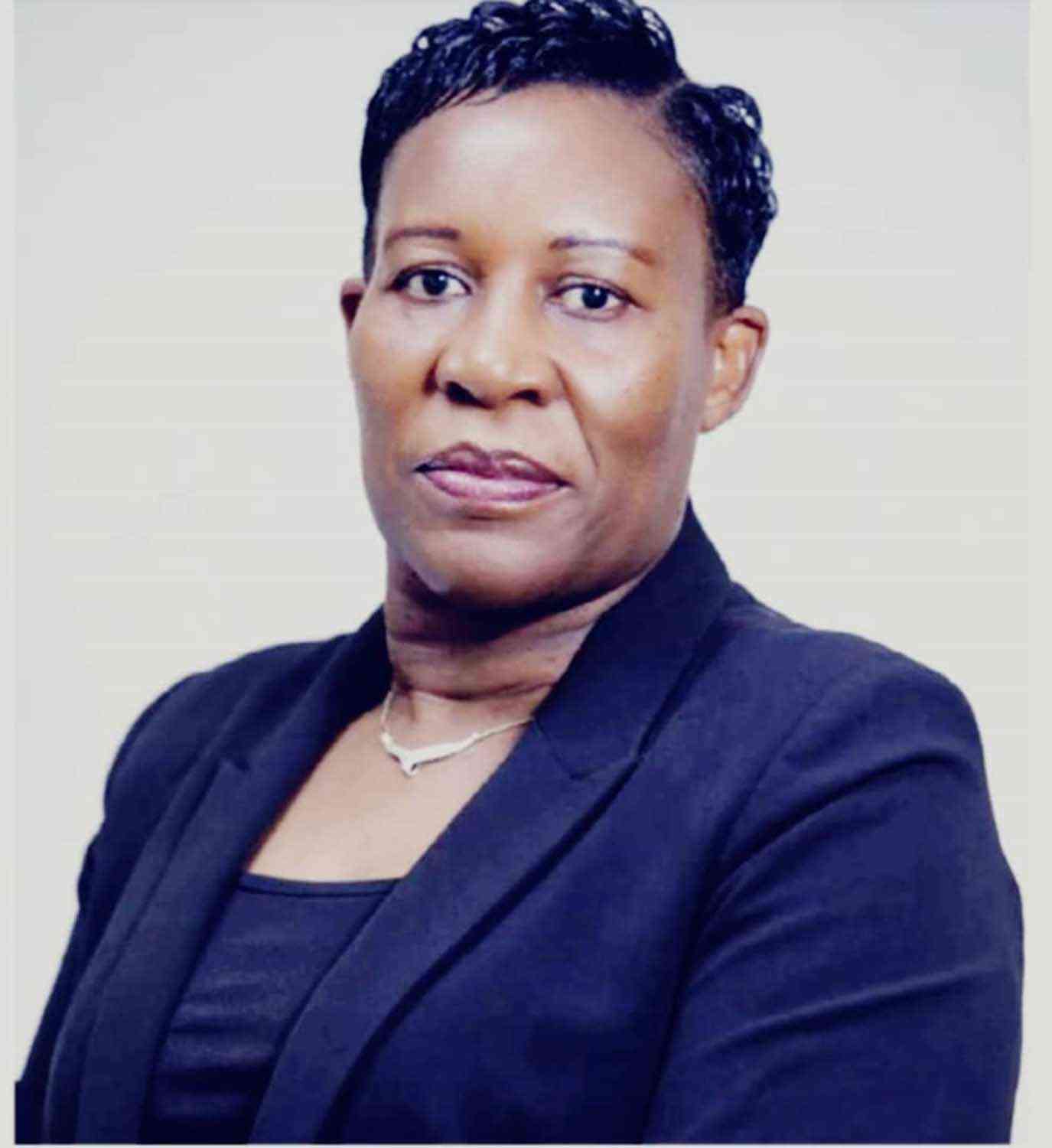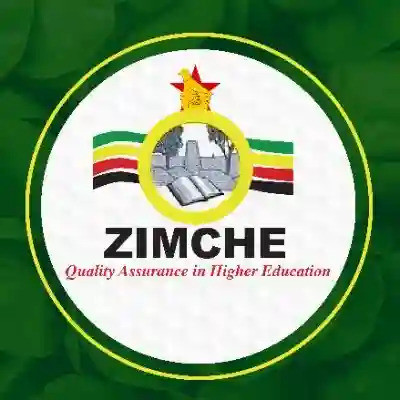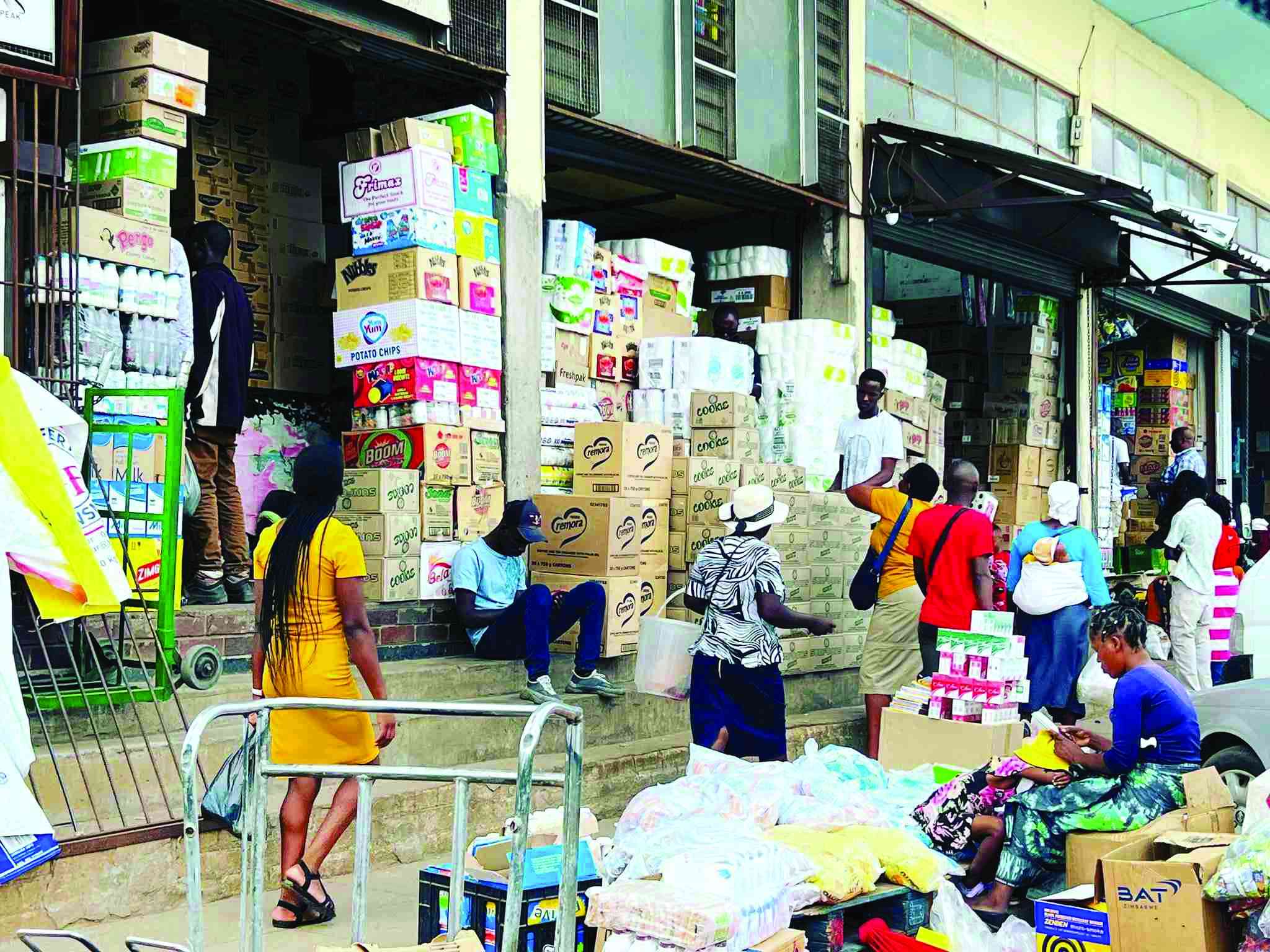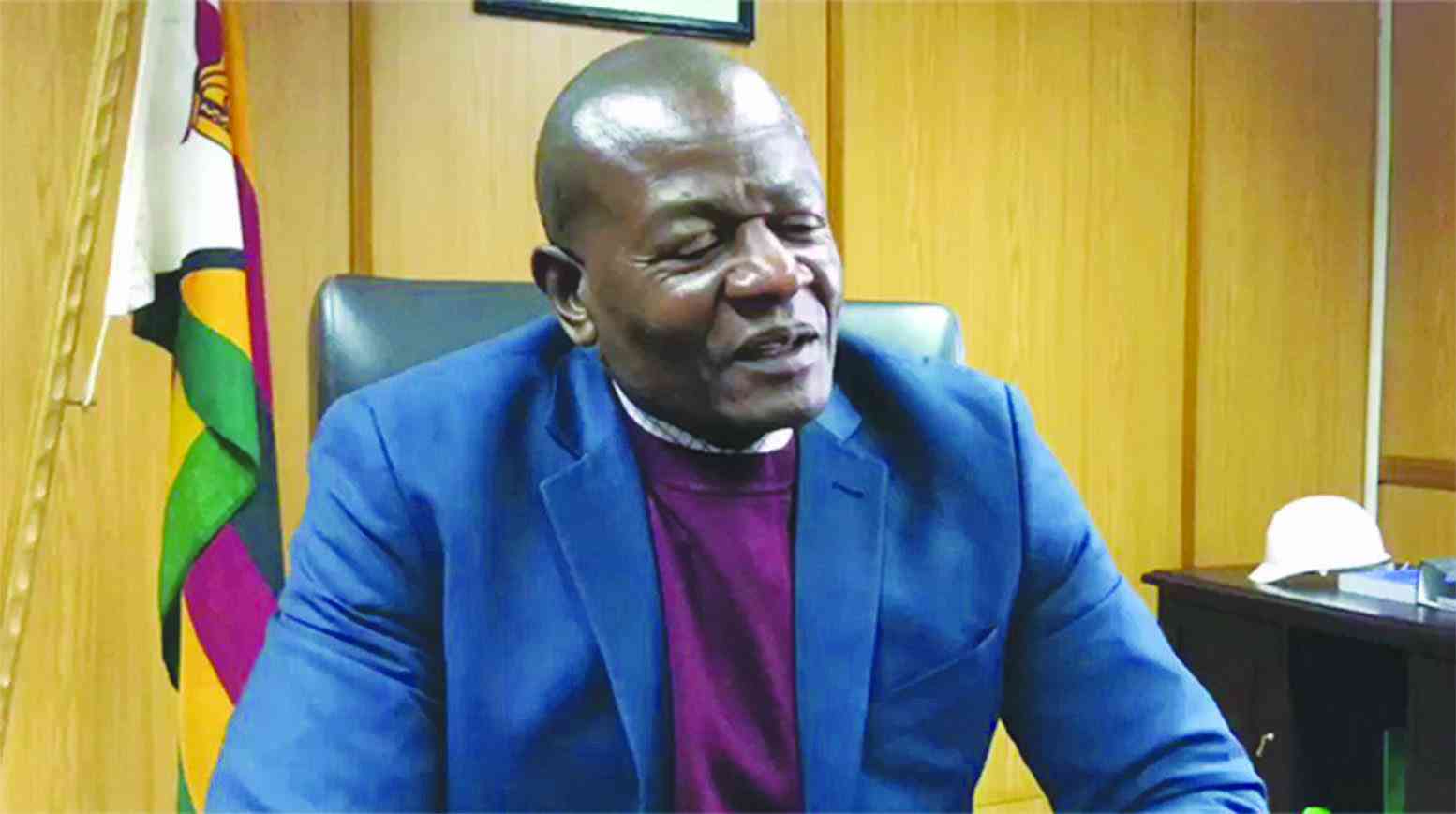
AUTHORITIES in the resort town of Kariba have revealed that critical projects worth millions of United States dollars have stalled due to delays by the government in releasing devolution funds, the Zimbabwe Independent has learned.
Among the delayed initiatives is the construction of a new polyclinic to serve the town’s growing population, according to Kariba mayor Ralph Maoneyi.
Kariba's services extend beyond its residents to include informal fishing camps along the eastern shore of Lake Kariba.
The municipality also caters for workers in the tourism and power sectors, which are central to the local economy.
In the 2024 national budget, Treasury allocated ZW$2,7 trillion (about US$466 million) for devolution projects.
However, Maoneyi said the release of these funds was delayed.
"We had hoped to deal with most of our capital projects side using devolution funds,” Maoneyi, who spoke to the Independent on the side-lines of this week’s Waste to Energy Conference, said.
The conference was organised by Alpha Media Holdings, publishers of The Standard, NewsDay and Zimbabwe Independent.
- Title rivals face tough weekend
- Interactive feedback : In pursuit of a non-binary narrative
- DeMbare, FC Platinum fight for Chibuku Cup
- ZVDT laments lack of development in Zambezi Valley
Keep Reading
“I think our allocation during the beginning of the year was supposed to translate to almost US$2 million. We have not received anything this year. Last year, we received just about 9%,” he said.
“Effectively, we did not do any new project for that budget year. We used that to pay off what was owed from the last devolution cycle. It’s a bit of a challenge. But it also challenges us to think about how we can fund our capital projects."
Devolution funds intended to support local authorities in completing priority projects are disbursed by the central government.
When distributed on time, these funds enable municipalities to redirect their resources to crucial areas.
However, delays in releasing the funds have hampered progress.
Maoneyi explained that Kariba’s plans for this year included not only the polyclinic, but also road construction, street lighting, and the expansion of public schools.
"We had a polyclinic, roads and street lighting in mind,” he said.
“We were also tasked by the ministry (Local Government and Public Works) to include expansion of our public schools.
“That is still meant to be settled as far as the capital budget is concerned. We are already in September. We are praying for a miracle so that everything works out well.”
Across Zimbabwe, local authorities have struggled to complete projects due to the unreliable release of devolution funds.
This has left municipalities grappling with service delivery issues compounded by delayed payments from residents.
Maoneyi said Kariba’s monthly operational costs exceed US$1,2 million with electricity costing US$11 000.
"At the beginning of the year, people are disputing your new budget for that year. Sometimes people are just finding excuses, but the reality is that there is no money,” he said.
Despite the challenges, the Zimbabwe Inter-Governmental Fiscal Transfer System Administrative Manual, approved by the government earlier this year, states that unutilised devolution funds will be rolled over into the next financial year.
The manual also provides that local authorities, metropolitan, and provincial councils should receive allocations of these fiscal transfers on a monthly basis.











